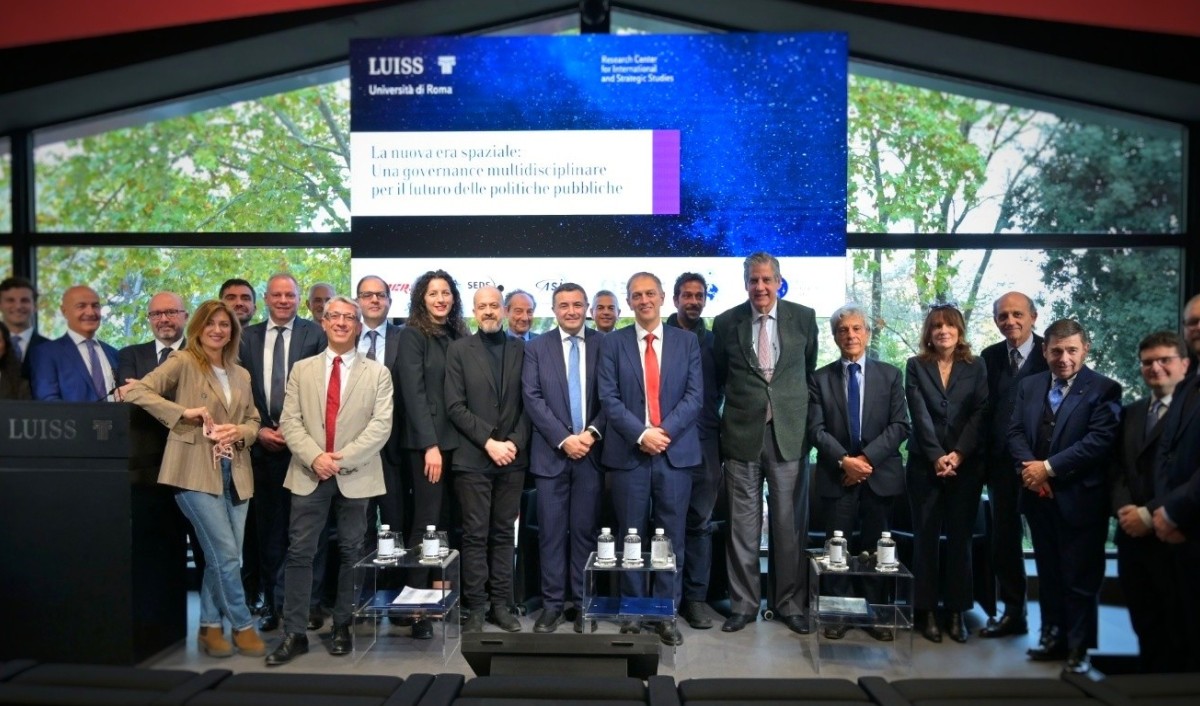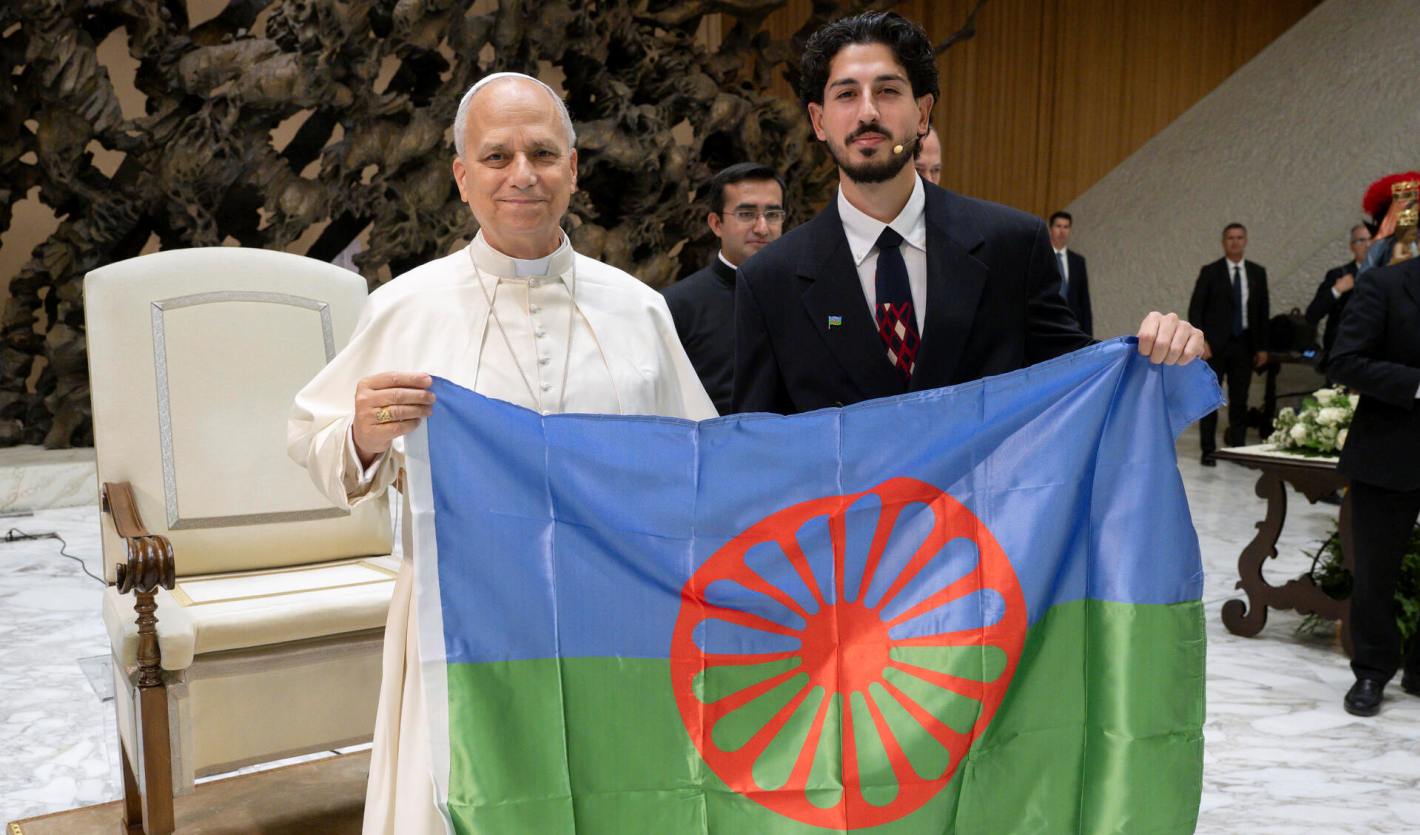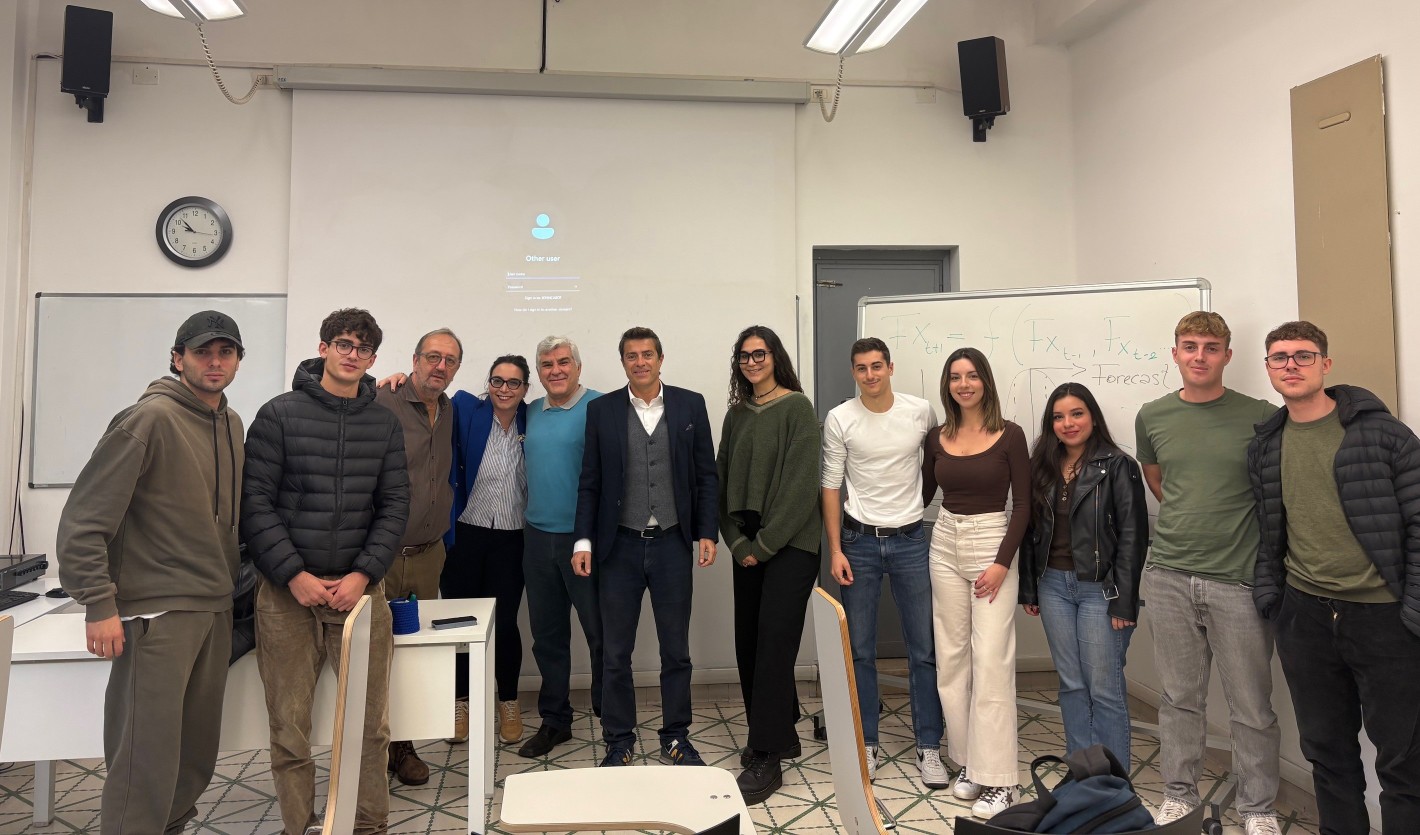On November 7, 2025, in collaboration with JCU’s Institute for Future and Innovation Studies (IFIS), Luiss University in Rome hosted the first SPHERE Space Policy Forum, titled “La Nuova Era Spaziale: Una Governance Multidisciplinare per il Futuro delle Politiche Pubbliche” (“The New Space Age: a Multidisciplinary Governance for the Future of Public Policy”). The event marked the launch of SPHERE – Space Policies, Humanities and Exogeographical Research Ecosystem, an initiative of the Center for International and Strategic Studies (CISS) at Luiss University, developed in collaboration with IFIS and other key partners.
IFIS Director Francesco Lapenta co-organized the Forum together with Professor Alfonso Giordano, head of the SPHERE unit and professor of Exogeography, Astropolitics, and Space Economy at Luiss CISS. Cristoforo Romanelli, MBDA and Research Fellow at CISS, also played a central role as co-organizer. The shared ambition behind this collaboration was to explore how Europe can bring its humanistic and institutional legacy into the emerging governance of space – not simply as a technology field, but as a new arena for ethical, cultural, and political reflection.
The Forum was led by Giordano and Lapenta, with Romanelli as co-organizer, under the guidance of Professor Raffaele Marchetti, director of CISS, and Angelino Alfano, president of CISS. The event opened with remarks by Adolfo Urso, minister of Enterprises and Made in Italy (MIMIT), who underlined Italy’s growing role in Europe’s industrial and regulatory framework for space.
SPHERE represents an attempt to rethink space age itself. Instead of treating it as a race for control or profit, the initiative shows space as an “epistemic condition,” a new way of seeing and organizing knowledge about Earth and beyond. SPHERE’s work is built on four principles: feasibility (scientific and technological capability), desirability (ethical and cultural legitimacy), legality (normative and institutional coherence), and sustainability (long-term stability across systems and scales).
At the intellectual core of the project is exogeography, an emerging field that connects environmental science, philosophy, and geopolitics to study how human systems expand beyond the biosphere. “Space has become political, cultural, and philosophical,” Lapenta stated during the event. “Europe’s task is to transform its intellectual coherence into real geopolitical credibility into a new vision of space based on its long humanist history and tradition.”
Beyond the event itself, SPHERE aims to build a lasting European infrastructure for integrative foresight, connecting research, policy, and industry in an ongoing dialogue. Its approach reflects IFIS’s mission at John Cabot University: to align ethical reflection with technological innovation, ensuring that progress remains legitimate, sustainable, and publicly intelligible.
The partnership between IFIS and Luiss CISS will continue through joint research, publications, and policy workshops exploring how humanity’s expansion into space can remain coherent with Europe’s intellectual and ethical traditions. As Lapenta concluded, “Europe’s leadership in the space age will depend less on how fast its rockets fly, and more on how deeply its institutions think, on our ability to turn human vision, history and knowledge and space exploration into a common good.”
See full program description (IT): La nuova era spaziale: Una governance multidisciplinare per il futuro delle politiche pubbliche | Luiss.












